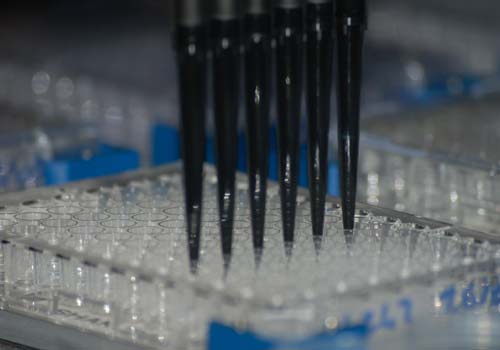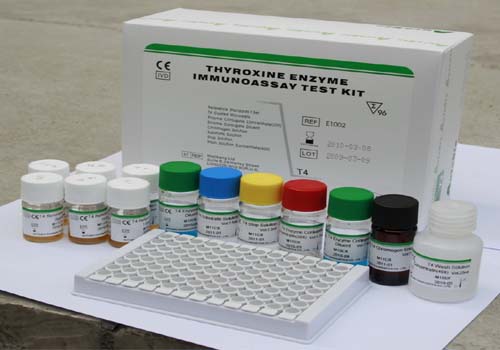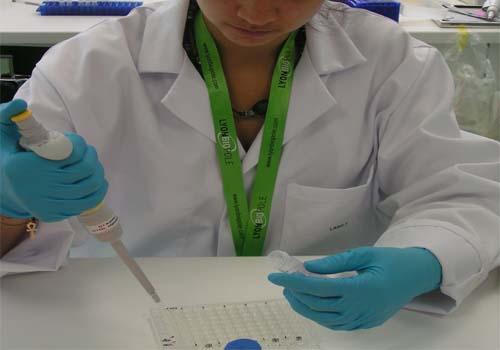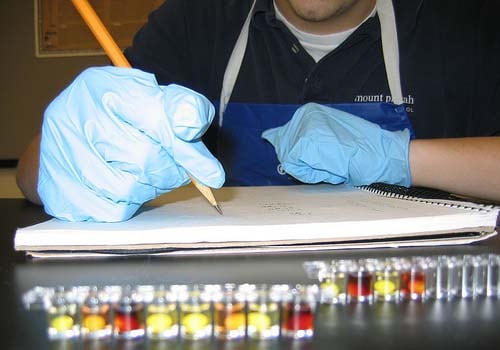-

What is ELISA?
ELISA is a technique in which an antibody or antigen is detected with the help of an enzyme linked to a matching antigen or antibody. This test is done to look for either the antigen from an infecting organism or abnormal substances present in some diseases. The antibodies developed in response to some infection or disease can also be detected by this test.
-

Why is the test done?
It is generally a preliminary test used to test for the presence of either an antigen or an antibody in the blood. It is commonly used to test for:
- Antigens or antibodies
- Immune system disorders
- Cancer markers
- Infections like hepatitis, AIDS/HIV, dengue, leptospirosis, toxoplasmosis, herpes, rubella, and other viral, bacterial or parasitic infections.
- Antigens or antibodies
-

How is the test done?
The sample is taken to the laboratory and tested for the specific antigen or antibody. Tests are usually done in a plate having small wells (known as micro-wells), with each test being done in one of the wells. The result is read in a special ELISA reader that measures the intensity of light able to pass through the solution in the well. The absorbance of the light correlates with the degree of the result. Nowadays, some of these tests have been modified and can be done on a paper membrane coated with the antigen or antibody.
If the specific antigen or antibody being looked for is present in the sample, the test develops a colour reaction indicating a positive test result. Known positives and negatives are also tested along with the samples for quality control. -

What are the normal values?
Normal values depend on the type of substance the doctor is screening for. In some cases a positive result may be normal, e.g. testing for the immune status (looking for antibodies) after vaccination against hepatitis B.
Abnormal values also depend on the type of substance being screening for and the significance of the test. Some of these tests may require to be tested by another technique for confirmation. It is important to understand that looking for antibodies is an indirect way of testing and has to be co-related with every patient’s condition.

















